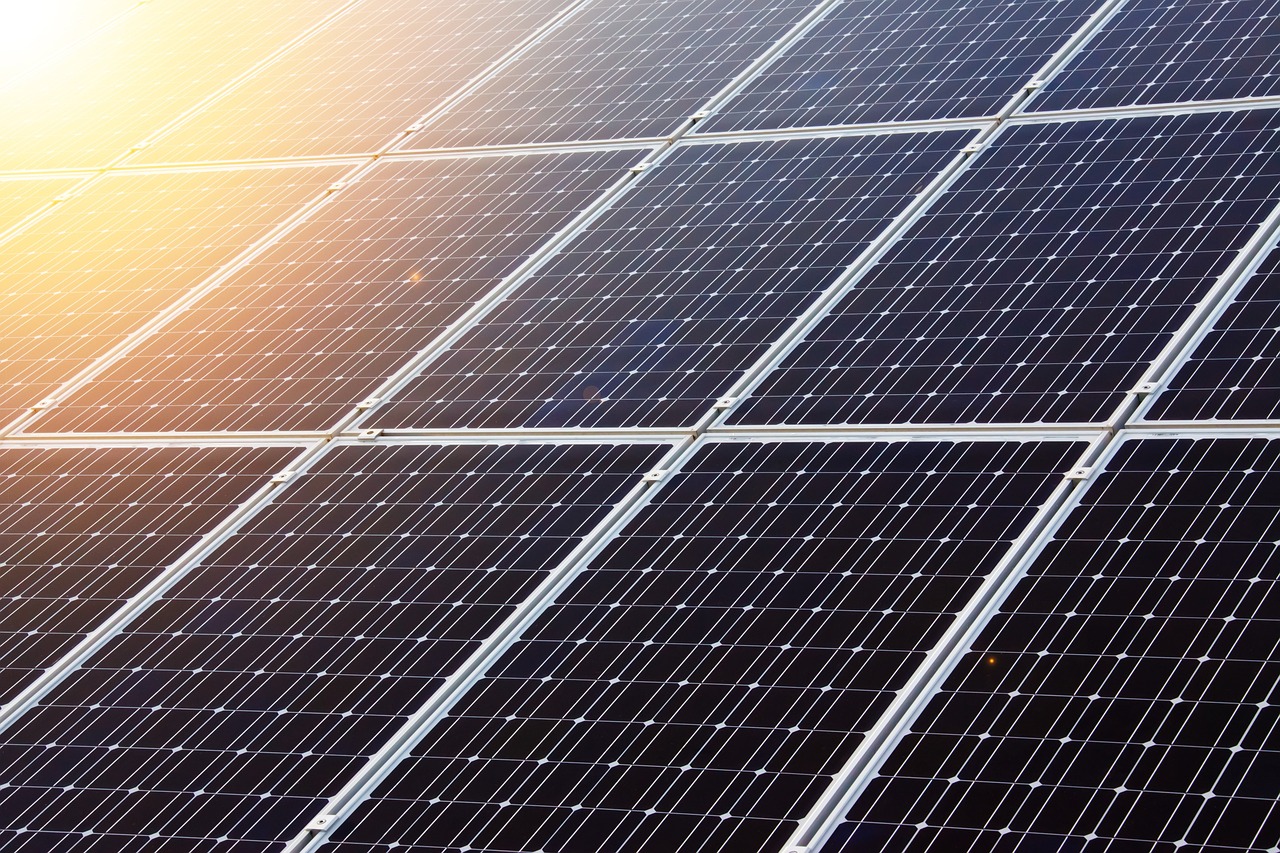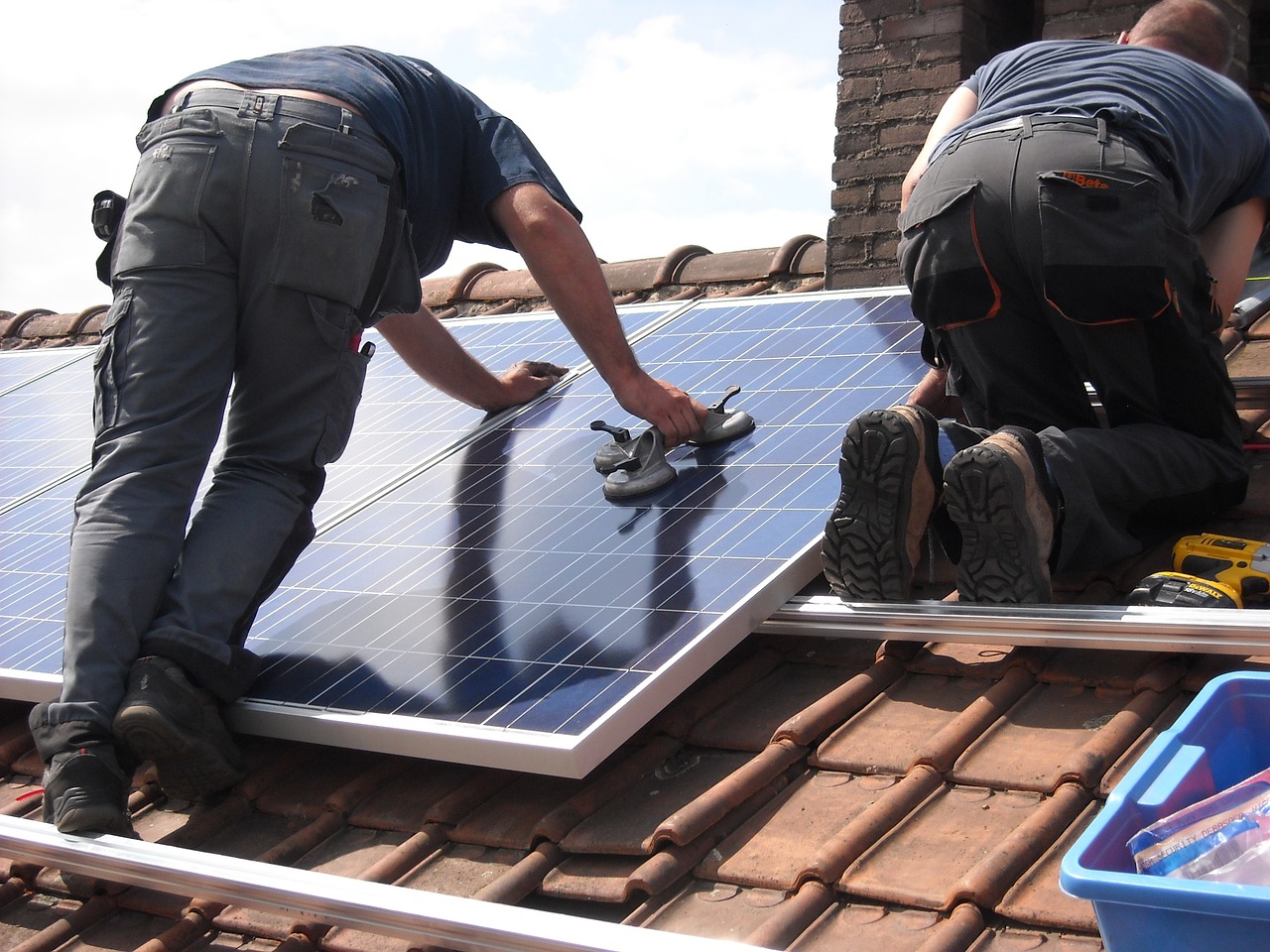Key Takeaway: Selling solar panels in a field sales job requires a strong understanding of the product, effective communication skills, and the ability to build relationships with customers. By developing product knowledge, identifying potential customers, and honing your sales techniques, you can become a top performer in the solar panel industry.
Are you considering a career in solar panel field sales or looking to improve your sales skills in this industry? Selling solar panels can be a rewarding and lucrative profession, but it requires a unique set of skills and knowledge. In this article, we will explore how you can excel in selling solar panels and achieve success in your field sales role.
Understanding the Product: The Power of Solar Panels
Before diving into the art of selling solar panels, it’s important to understand the product itself and its benefits. Solar panels are devices that convert sunlight into electricity, providing clean and renewable energy for homes and businesses. By harnessing the power of the sun, solar panels offer numerous advantages, including:
- Reduced electricity bills: Solar panels can significantly lower electricity costs by generating power from the sun, reducing reliance on traditional energy sources.
- Environmental sustainability: Solar energy is clean and renewable, helping to reduce carbon emissions and combat climate change.
- Financial incentives: Many governments and local authorities offer incentives, such as tax credits or grants, to encourage the adoption of solar panels.
- Energy independence: Solar panels provide the opportunity for homes and businesses to generate their own electricity, reducing dependence on the grid.
Having a clear understanding of these benefits will allow you to convey the value of solar panels to potential customers effectively.
Developing Product Knowledge: Becoming a Solar Panel Expert
To be successful in selling solar panels, you need to become an expert on the product. This involves gaining in-depth knowledge about solar panel technology, financial incentives, and the environmental impact of solar energy. Here are some steps you can take to develop your product knowledge:
- Research: Start by conducting thorough research on solar panel technology, including different types of panels, their efficiency ratings, and warranties. Familiarize yourself with the latest advancements and industry trends.
- Training and certifications: Seek out training programs and certifications offered by reputable organizations in the solar industry. These programs will provide you with valuable insights and credentials that can enhance your credibility as a salesperson.
- Stay updated: Solar panel technology is constantly evolving. Stay informed about new products, government policies, and financial incentives that impact the solar industry. Subscribe to industry newsletters, attend webinars, and participate in conferences to stay ahead of the curve.
By becoming a solar panel expert, you can confidently address customer questions, address concerns, and provide accurate and helpful information.
Identifying Potential Customers: Finding the Right Fit
To be successful in solar panel field sales, it’s crucial to identify potential customers who are likely to be interested in solar energy. Here are some strategies to help you find the right fit:
- Target high electricity bill customers: Homeowners or businesses with high electricity bills are often more receptive to the idea of solar panels. They understand the financial benefits of reducing their energy costs.
- Focus on sustainability-minded individuals: Many people are increasingly concerned about the environment and are actively seeking sustainable solutions. Look for individuals or businesses that prioritize eco-friendly practices.
- Consider regional factors: Certain regions may have more favorable solar policies or higher levels of sunshine, making solar panels a more attractive option. Research local regulations and incentives to identify potential customers in those areas.
By targeting the right customer base, you can maximize your sales opportunities and increase your chances of success in the field.
Building Relationships: The Key to Sales Success
In any sales role, building strong relationships with customers is essential. In the solar panel industry, this is even more critical due to the significant investment and long-term commitment involved. Here are some tips for building relationships with potential customers:
- Listen and understand: Take the time to listen to your customers’ needs, concerns, and goals. Understand their motivations for considering solar panels and tailor your approach accordingly.
- Provide personalized solutions: Every customer is unique, and their requirements may vary. Offer customized solutions that align with their specific needs and preferences. This will show that you genuinely care about their satisfaction and build trust.
- Be transparent: Honesty and transparency are crucial in building long-lasting relationships. Clearly communicate the benefits and limitations of solar panels, ensuring that customers have realistic expectations.
By focusing on building relationships based on trust and understanding, you can differentiate yourself from competitors and increase your chances of closing sales.
Effective Communication and Persuasion: The Art of Selling
Being an effective communicator and persuasive salesperson is the cornerstone of success in solar panel field sales. Here are some techniques to help you excel in this area:
- Active listening: Pay close attention to what your customers are saying, and ask probing questions to understand their needs better. This demonstrates your genuine interest and helps you tailor your pitch accordingly.
- Use storytelling: Humans are wired to respond to stories. Use anecdotes and success stories about previous customers who have benefited from solar panels to engage and persuade potential customers.
- Highlight financial benefits: While environmental sustainability is a significant selling point, financial savings are often the primary motivator for customers. Clearly articulate the potential cost savings and return on investment that solar panels can offer.
- Address objections: Anticipate common objections, such as cost, aesthetics, or doubts about performance, and develop strategies to overcome them. Provide evidence, testimonials, or case studies to alleviate concerns.
- Create a sense of urgency: Encourage customers to take action by highlighting limited-time incentives, such as government rebates or tax credits. This can create a sense of urgency and motivate them to make a decision.
By mastering these communication and persuasion techniques, you can effectively convey the value proposition of solar panels and increase your sales conversion rate.
Overcoming Objections: Turning Doubts into Opportunities
It’s common for potential customers to have objections and doubts about investing in solar panels. As a salesperson, it’s your role to address these concerns and provide reassurance. Here are some common objections and strategies to overcome them:
- Cost: Many customers perceive solar panels as expensive. Highlight the long-term savings and potential financial incentives that can offset the upfront costs. Offer financing options or leasing programs to make solar panels more affordable.
- Aesthetics: Some customers may worry about the visual impact of solar panels on their property. Educate them about modern panel designs that are sleek and aesthetically pleasing. Provide examples of installations that have enhanced the appearance of homes or businesses.
- Performance: Customers may have doubts about the performance and reliability of solar panels. Share information about warranties, certifications, and the durability of the panels. Provide data on the performance of solar panels in different weather conditions.
By addressing objections proactively and providing accurate information, you can build trust and confidence in potential customers.
Closing the Sale: Sealing the Deal
Closing the sale is the ultimate goal of any salesperson. In solar panel field sales, it’s important to create a sense of urgency and provide incentives to motivate customers to make a decision. Here are some effective closing techniques:
- Limited-time offers: Offer time-limited discounts, promotions, or incentives to encourage customers to take action. Highlight the potential savings they could miss out on if they delay their decision.
- Financing options: Make it easier for customers to afford solar panels by offering financing options or partnerships with financial institutions. This can alleviate concerns about upfront costs and make the investment more manageable.
- Demonstrate value: Recap the unique benefits of solar panels, emphasizing the financial savings, environmental impact, and long-term value they provide. Reinforce the value proposition and remind customers why investing in solar panels is a wise decision.
By employing these closing techniques, you can increase your chances of closing sales and achieving your targets.
Continuous Learning and Improvement: Staying Ahead
The solar panel industry is constantly evolving, with new technologies, regulations, and incentives emerging. To stay ahead in this competitive field, it’s essential to prioritize continuous learning and improvement. Here are some ways to do so:
- Stay updated: Continuously educate yourself about the latest advancements and trends in solar panel technology. Follow industry news, attend webinars, and participate in training programs to expand your knowledge base.
- Attend conferences and networking events: Engage with industry professionals, attend conferences, and participate in networking events to learn from others and stay updated on industry best practices.
- Seek feedback: Regularly seek feedback from customers, colleagues, and supervisors. Understand your strengths and weaknesses, and actively work on improving your sales techniques.
By embracing a growth mindset and actively seeking opportunities for improvement, you can continuously enhance your sales skills and achieve long-term success in the solar panel field.
Conclusion
Selling solar panels in a field sales job requires a combination of product knowledge, effective communication skills, and the ability to build relationships with customers. By understanding the product, developing expertise, identifying potential customers, and honing your sales techniques, you can excel in the solar panel industry. Remember to continuously learn, adapt, and improve to stay ahead in this dynamic and rewarding field. So, go out there and shine as a top performer in solar panel field sales!



